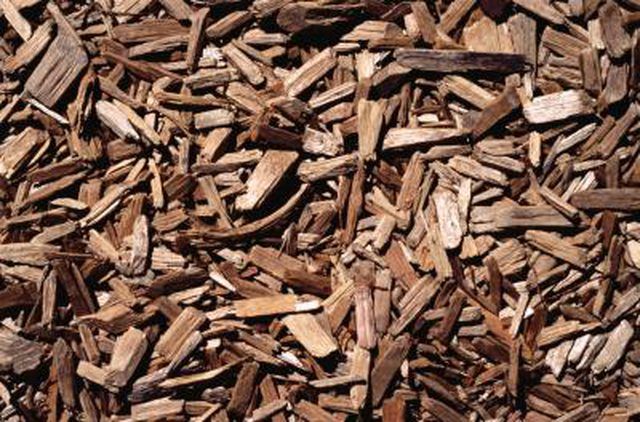Bulbs
Flower Basics
Flower Beds & Specialty Gardens
Flower Garden
Garden Furniture
Garden Gnomes
Garden Seeds
Garden Sheds
Garden Statues
Garden Tools & Supplies
Gardening Basics
Green & Organic
Groundcovers & Vines
Growing Annuals
Growing Basil
Growing Beans
Growing Berries
Growing Blueberries
Growing Cactus
Growing Corn
Growing Cotton
Growing Edibles
Growing Flowers
Growing Garlic
Growing Grapes
Growing Grass
Growing Herbs
Growing Jasmine
Growing Mint
Growing Mushrooms
Orchids
Growing Peanuts
Growing Perennials
Growing Plants
Growing Rosemary
Growing Roses
Growing Strawberries
Growing Sunflowers
Growing Thyme
Growing Tomatoes
Growing Tulips
Growing Vegetables
Herb Basics
Herb Garden
Indoor Growing
Landscaping Basics
Landscaping Patios
Landscaping Plants
Landscaping Shrubs
Landscaping Trees
Landscaping Walks & Pathways
Lawn Basics
Lawn Maintenance
Lawn Mowers
Lawn Ornaments
Lawn Planting
Lawn Tools
Outdoor Growing
Overall Landscape Planning
Pests, Weeds & Problems
Plant Basics
Rock Garden
Rose Garden
Shrubs
Soil
Specialty Gardens
Trees
Vegetable Garden
Yard Maintenance
How to Compost Wood Chips
How to Compost Wood Chips. Wood chips can improve the structure of a compost pile and provide bulk matter to fill out small piles. Using wood chips in the right ratio with other materials is critical to keeping a compost pile working efficiently. A pile made using only wood chips may take months or years to fully break down. Turning a compost pile...

Wood chips can improve the structure of a compost pile and provide bulk matter to fill out small piles. Using wood chips in the right ratio with other materials is critical to keeping a compost pile working efficiently. A pile made using only wood chips may take months or years to fully break down. Turning a compost pile made with wood chips as it decomposes and maintaining the proper level of moisture help speed up the decomposition process.
Composting With Wood
The ratio of carbon and nitrogen contained in wood chips and other common materials for composting is a major factor determining how quickly they decompose. Green organic materials, like freshly cut grass, tend to have a higher concentration of nitrogen than dry, woody materials like wood chips or sawdust. The best overall ratio of carbon to nitrogen for promoting rapid composting is between 25:1 and 35:1. Wood chips commonly have a carbon to nitrogen ratio of 200:1 or greater. Adding nitrogen-rich materials, like manure, grass clippings or vegetable waste, to a compost pile helps balance out carbon-heavy wood chips.
Working the Pile
The microorganisms that break down wood chips into valuable compost need fresh air to break down compost efficiently. Mixing the pile with a pitchfork or shovel ensures all parts of the pile are composted and helps aerate it. Piles that are mainly comprised of wood chips are naturally well aerated because wood chips require turning less frequently than other forms of compost. When the wood chips in the center of the pile have begun to take on a loose, crumbly texture, resembling dirt, it is time to mix the outside of the pile into the center.
Watering Compost
Keeping a pile of wood chips moist promotes rapid decomposition. Wood chips can absorb a significant amount of water before they become saturated. The right amount of moisture for composting leaves the pile damp to the touch but not saturated. The wood should look like a wet sponge after it is wrung out. Turning wood chips after they are watered helps keep the pile aerated. Adding too much water impedes composting and may cause the pile to emit foul odors. Covering the pile with a tarp during hot, dry weather helps reduce moisture loss.
Addressing Common Problems
The best site for composting wood chips is a slightly raised area where water can drain away from the pile. Wood chips that are overwatered can start to smell rotten and valuable nutrients may leach out of the compost as the water drains. Turning saturated compost and adding more wood chips helps the composting process continue after a pile is overwatered. Composting wood chips are best kept away from structures because the dead wood may attract termites.